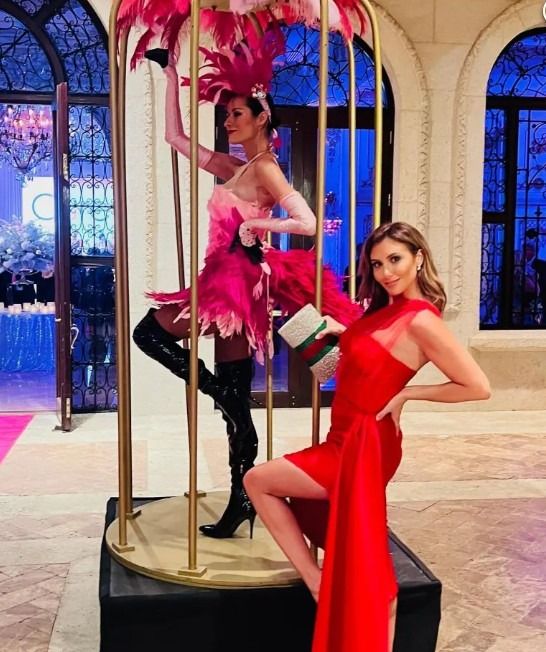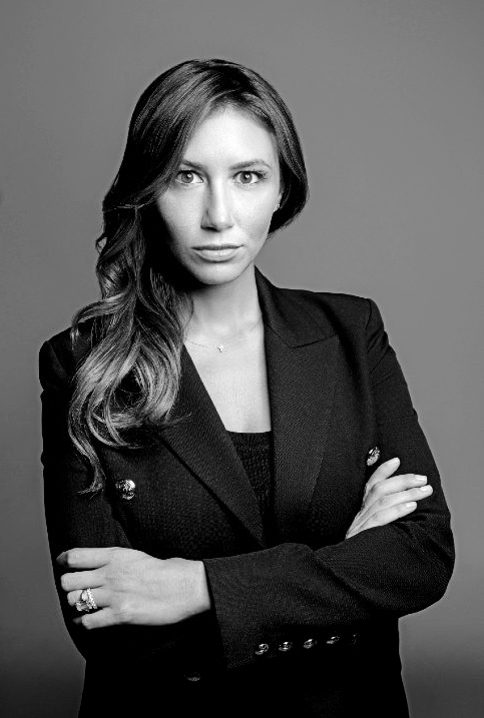Alina Habba: A Powerful Beautiful Example of Women Breaking Barriers in Law


When Alina Habba celebrated her 39th birthday last month, former President Donald Trump ensured that the occasion was memorable. As a key member of his legal team and an ardent admirer, Habba has been working diligently on numerous cases for the former president. However, her accomplishments extend beyond her association with Trump. She is a prime example of women breaking barriers in the legal field, and her journey inspires other women aspiring to make their mark in the profession.

Habba's journey into the legal field is interesting, as she was once a fashion executive before finding her true calling in law. She pursued her legal education with passion and determination, ultimately graduating and establishing her own law firm, Habba Madaio & Associates. Her areas of expertise include civil litigation, employment law, and intellectual property, showcasing her versatility as an attorney.

Habba's rise in the legal field is an example of women's progress in the profession. However, there is still work to be done. Despite the strides women have made, they still face numerous challenges in the legal sector. These include the gender pay gap, lack of representation in leadership positions, and work-life balance issues. To continue supporting women like Habba, creating more opportunities, mentorship programs, and resources is essential to help them advance in their careers.

Despite her accomplishments, Habba has faced her share of criticism. Some have implied that Trump picked her for his legal team because of her looks rather than her professional qualifications. Habba has continued to stand strong and maintain her focus on her work. By doing so, she demonstrates resilience and an unwavering commitment to her career.
Alina Habba's journey inspires women in the legal field, and her accomplishments should not be overshadowed by her association with a high-profile client. As we celebrate women like Habba breaking barriers in law, it is crucial to continue supporting and empowering women in the profession. By doing so, we can create a more diverse, inclusive, and equitable legal landscape that benefits everyone.



